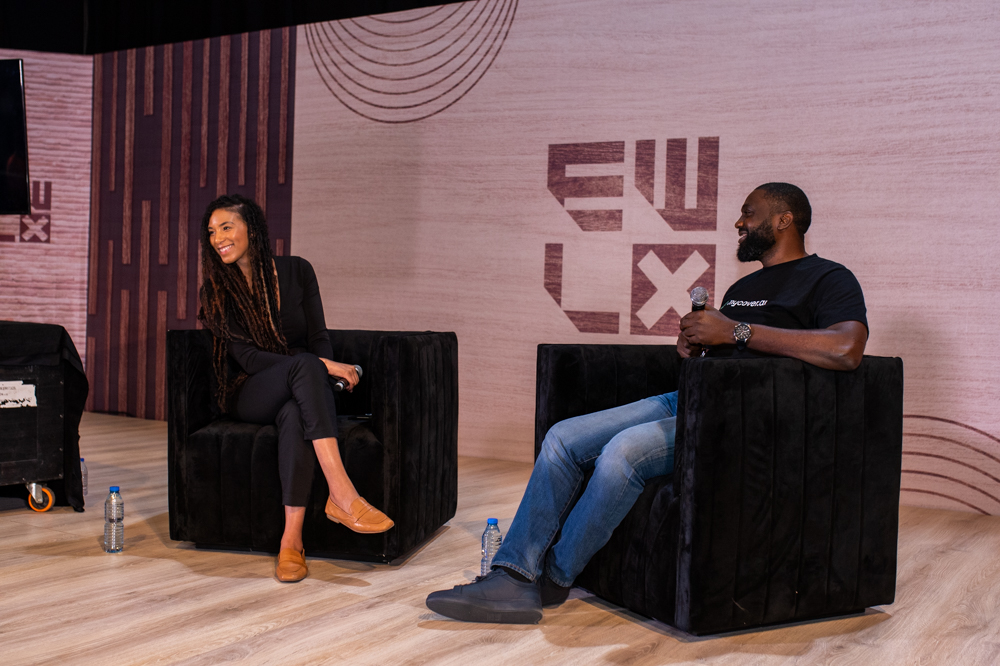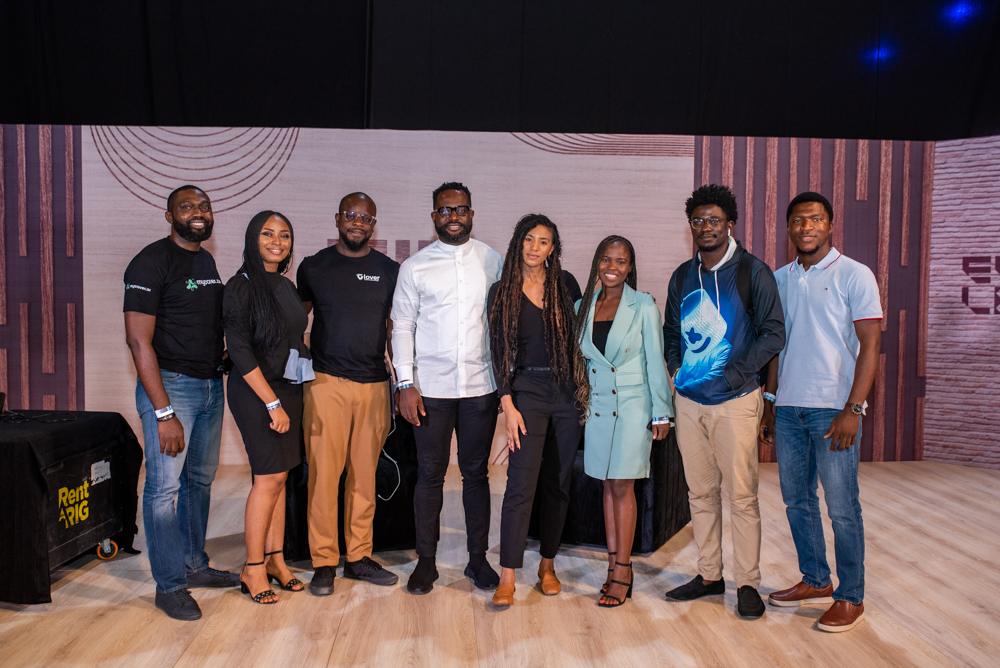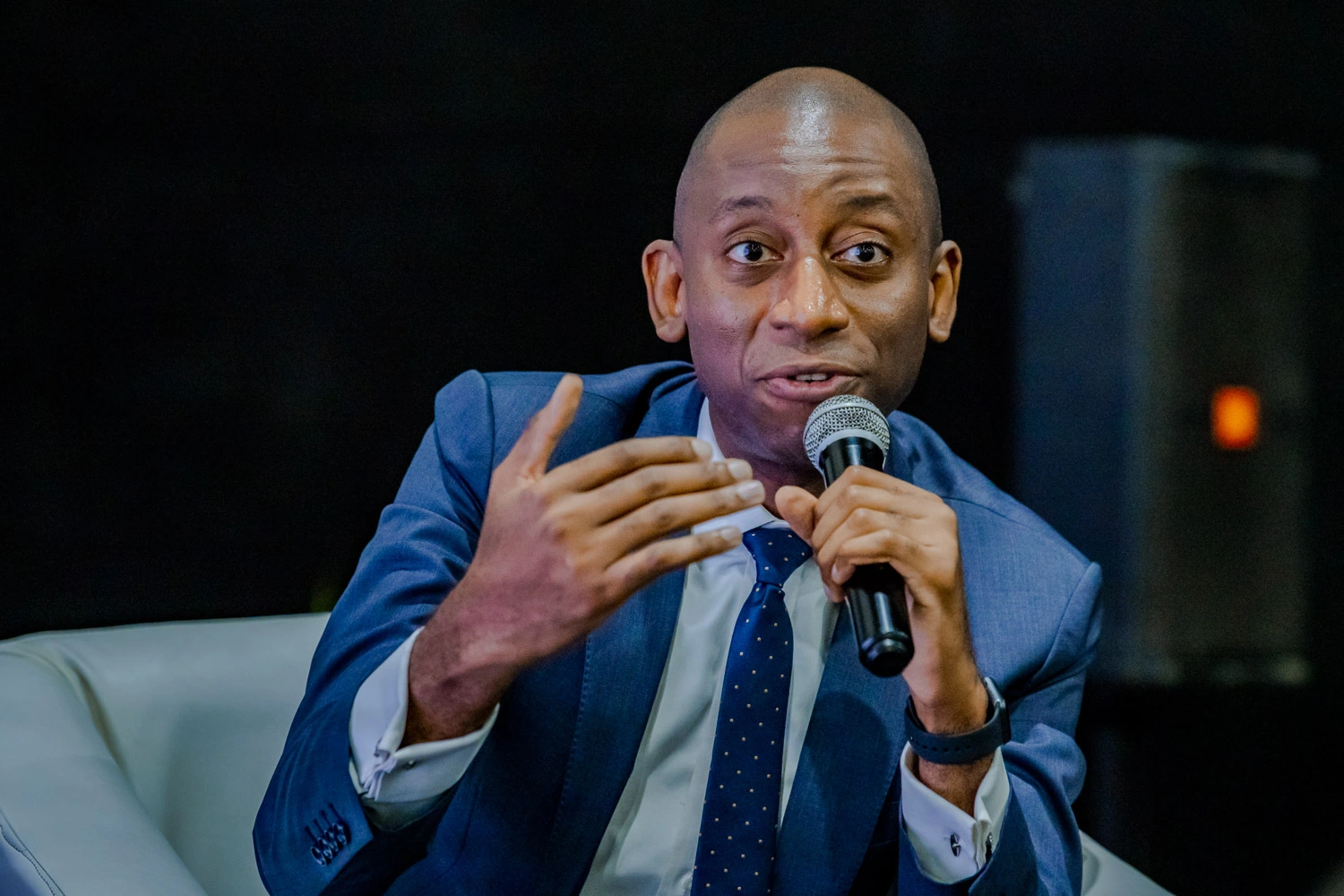Within the past decade, Africa and its growing technology ecosystem have attracted significant global attention, leading to a year-on-year (YoY) increase in investments and partnerships with top global brands, investors, and accelerators. Last year, the continent peaked its funding inflow at $5 billion and minted five unicorns in the process—Flutterwave, Andela, Chipper Cash, Opay, and Wave.
Achieving a feat like that sent a message to the world: the technology ecosystem in Africa was not to be ignored. Accordingly, more accelerators, incubators and global investors have emerged on the continent, with Techstars, a global accelerator behemoth, setting up shop in Lagos, Nigeria.
As local investments continue to increase, spurred by global optimism in Africa—a continent projected to be the second-largest global population by 2050—the inflow of investments has followed particular trends, with the most obvious being the domination of the fintech sector. Last year, about 62% of venture capital flowed into fintech startups. The trend continued in 2022, with fintechs receiving about 60% of venture capital investments within the first half of the year. To cement this trend, 50% of the startups that got into Y Combinator’s summer batch were fintech players, confirming the bias that investors in Africa have for fintech.
Why is fintech the darling of Africa-focused investors? The popular argument is that fintech helps to unlock innovation in other sectors by enabling easier online transactions and creating novel business models. This is correct in a sense, as people will generally buy more when purchasing is easier, and businesses can innovate their processes to provide flexibility and improved experiences for their customers.
But this argument fails to factor in the money-doubling incentives that characterise investing and venture capital backing in Africa. Globally, investments into technology command the tune of innovation, so the opportunity cost of innovation driven partly by incentives is that we risk concretising a method that serves Wall Street, leaving impact as a “nice-to-have” byproduct.
As Techstars Toronto’s latest cohort shows, the accelerator is positioning itself away from the fintech rave and putting its resources into businesses that are innovating at a foundational level. Only two startups (GIGXPad and Glover) out of the nine startups in the cohort have a fintech play. The rest are playing in other tech verticals, such as healthtech and edtech, and are laying significant foundations in their respective industries.
Speaking to this, investment associate at Techstars Toronto, Alisha Golden said: “The approach we took for this seventh cohort was to look at what kinds of innovation will be the bedrock of further development in the future? Meaning, more than just putting money behind a few jockeys in hopes that one of them wins in the fintech blue ocean, we asked ourselves, ‘How can our investments lead the way for greater transformation and thus increase opportunities for investment into more African founders and companies?’”

Africa’s technology ecosystem is relatively nascent, and while fintech may be the go-to for investors, we must remind ourselves why the sector continues to flourish: traditional institutions and banks laid the groundwork and built the infrastructure that modern fintech companies are leveraging. This playbook must be replicated for other technology verticals if Africa’s technology ecosystem will grow beyond infancy—and that is where Techstars is stepping in.
“It is beautiful to see how inclusive Techstars is. I see the mission from the POV of showcasing innovative businesses. So it doesn’t matter your industry. As long as you’re making an impact, giving first, and driving the same with tech, Techstars backs you, “ Seun Alley, FezDelivery’s founder, said to TechCabal about Techstars’ investment model.
Damilola Layode, CEO of Glover, told TechCabal that the accelerator helped his company identify a plan for the current economic climate. He added that the programme felt like an “equal part collegiate approach as well as real-life learnings from mentors, facilitators and the Techstars Toronto team” and that this approach benefited Glover by helping the startup develop solutions “in response to market demands”.
When asked about the important things Techstars imparted to the cohort, Layode mentioned how to leverage the power of networks and the importance of maintaining constant communication with customers. Alley said, “The foundation and structure of your business matter, and that it’s okay not to have everything figured out, but if you’re willing to learn and unlearn, then it’s only a matter of time before things will fall into place.”
Techstars Toronto’s portfolio in Africa comprises 29 companies, including Healthtracka, Treepz, Quidax, Glade, and AltSchool. Their strong African presence enables them to pattern-match based on market potential, founders, and founding team makeup. According to the accelerator, the latest cohort—despite their various industries—have proven commendable traction, and can indeed be the next big industry winners.
Out of the 12 startups in its Winter 22 cohort, Techstars Toronto had nine from Africa. The startups will receive up to $120,000 in funding, comprising $20,000 for six percent of the startup’s fully diluted capital stock and an optional $100,000 convertible note investment.
The benefits of the accelerator also go beyond the financial investment; Techstars Toronto provides connections to over 10,000 founders, alumni, and mentors, among several other perks. With over 3,000 companies in its portfolio, the accelerator has produced 17 unicorns globally.
The African graduants from this cohort include:
Fez: Founded by Seun Alley and Oluwafemi Jose in 2020, Fez is a Nigerian logistics company that offers last-mile delivery. Individuals and businesses can pay a stipulated monthly fee to have access to Fez’s last-mile delivery option and end-to-end support; and they can track their orders at all times.
GIGXPAD: A Nigerian multi-purpose decentralised finance application that allows users to send and receive money across borders. Users have access to a multi-currency wallet and virtual cards, and can make recurring payments. The startup is a subsidiary of the GIG Group and is a sister company to Stellas Bank.
Glover: A Nigerian electronic payments service provider that allows users to buy and sell gift cards, buy airtime and convert airtime to cash, and pay bills. Users can also use Glover to shop with the startup’s personalised shopping option. The startup operates as the non-crypto arm of Patricia Technologies.
Klas: A Nigerian edtech platform that allows creators to teach classes online. With Klas, users can teach thousands of people at the same time, track their student’s progress, and monetise classes. The startup raised a $130,000 angel funding round in April.
Laborhack: A Nigerian marketplace for verified artisans to connect with homeowners and businesses. Artisans are provided with financial services like savings, health insurance, and credit.
Mamy Eyewear: A Kenyan eyewear company that offers users free eye tests and makes affordable eyewear. The startup cuts out middlemen in a way to ensure top-quality glasses at affordable prices and donates glasses on each purchase to rural Kenyan communities.
Raenest: A Nigerian platform that allows freelancers to automate invoices and get paid by global clients. Businesses can also use the platform to onboard African talents, pay them in their preferred currencies, and manage team expenses. The startup raised an undisclosed pre-seed round in May that saw participation from Seedstars, Ajim Capital, HoaQ, Ventures Platform, Voltron Capital, and angel investors.
Renda: A Nigerian fulfilment solution for African e-commerce businesses. Renda provides storage, logistics, and inventory management solutions for businesses.
Simpu: A Nigerian social commerce platform that unifies communication channels for online businesses. With Simpu’s platform, businesses can automate workflow, get insightful analytics and boost sales.




















